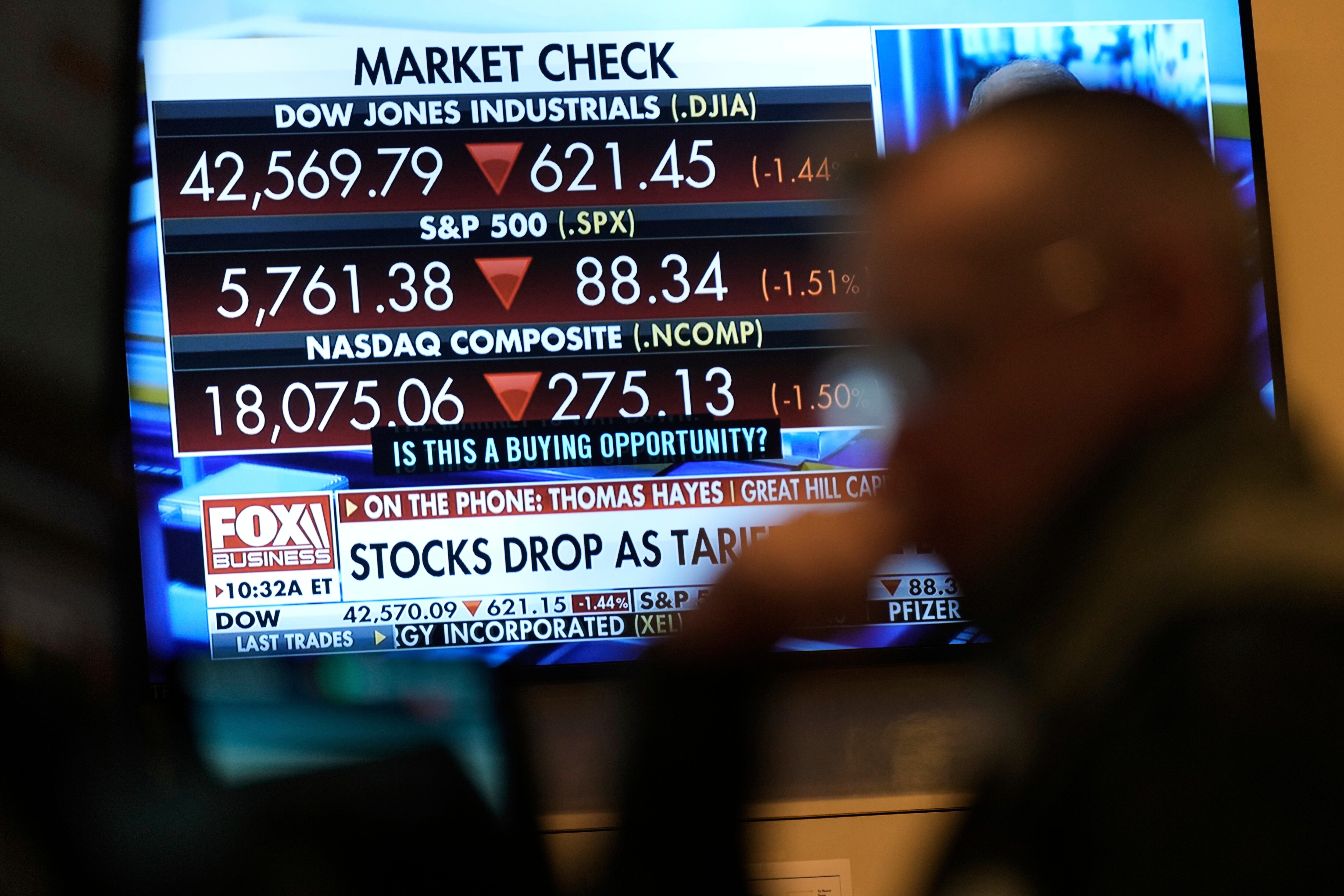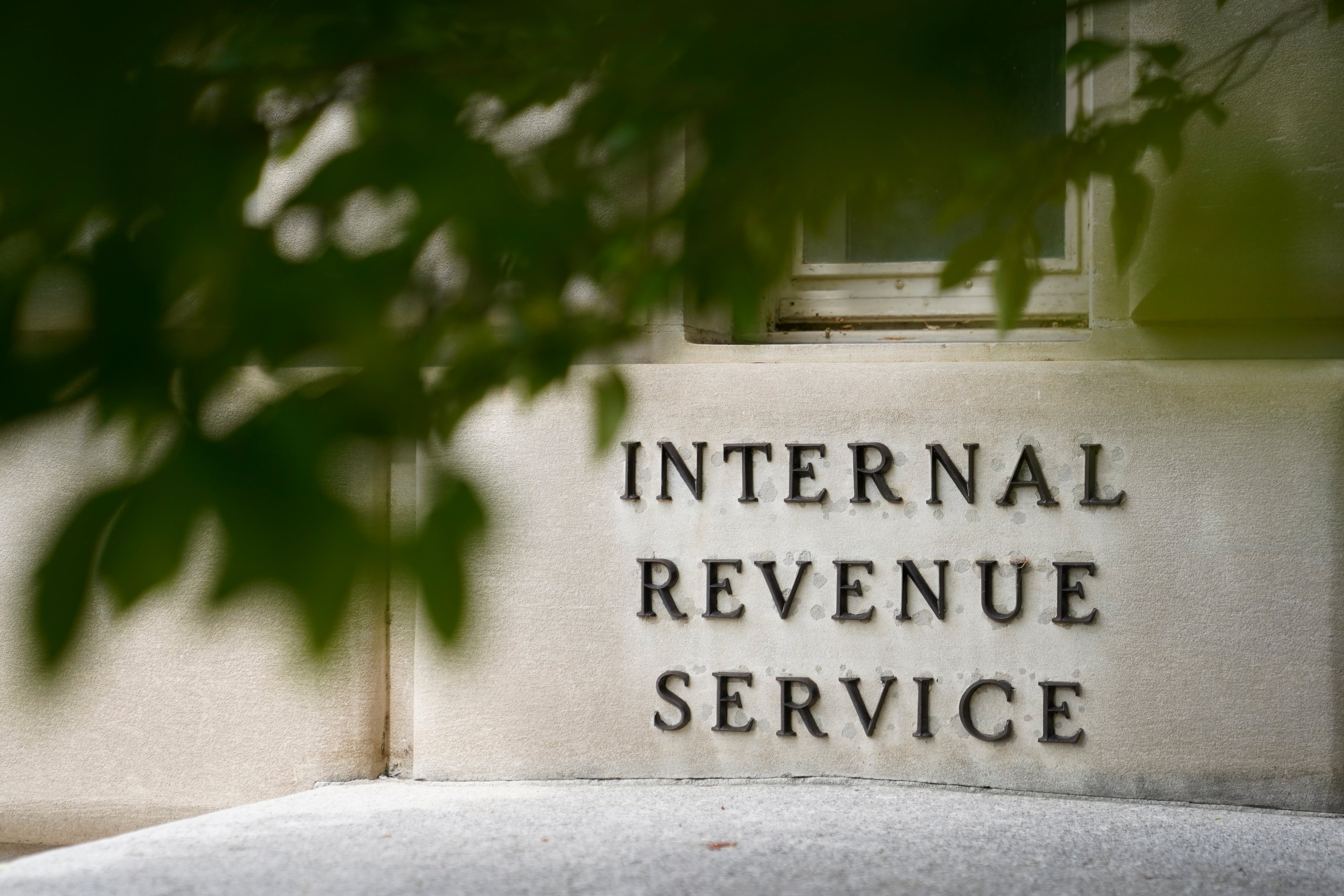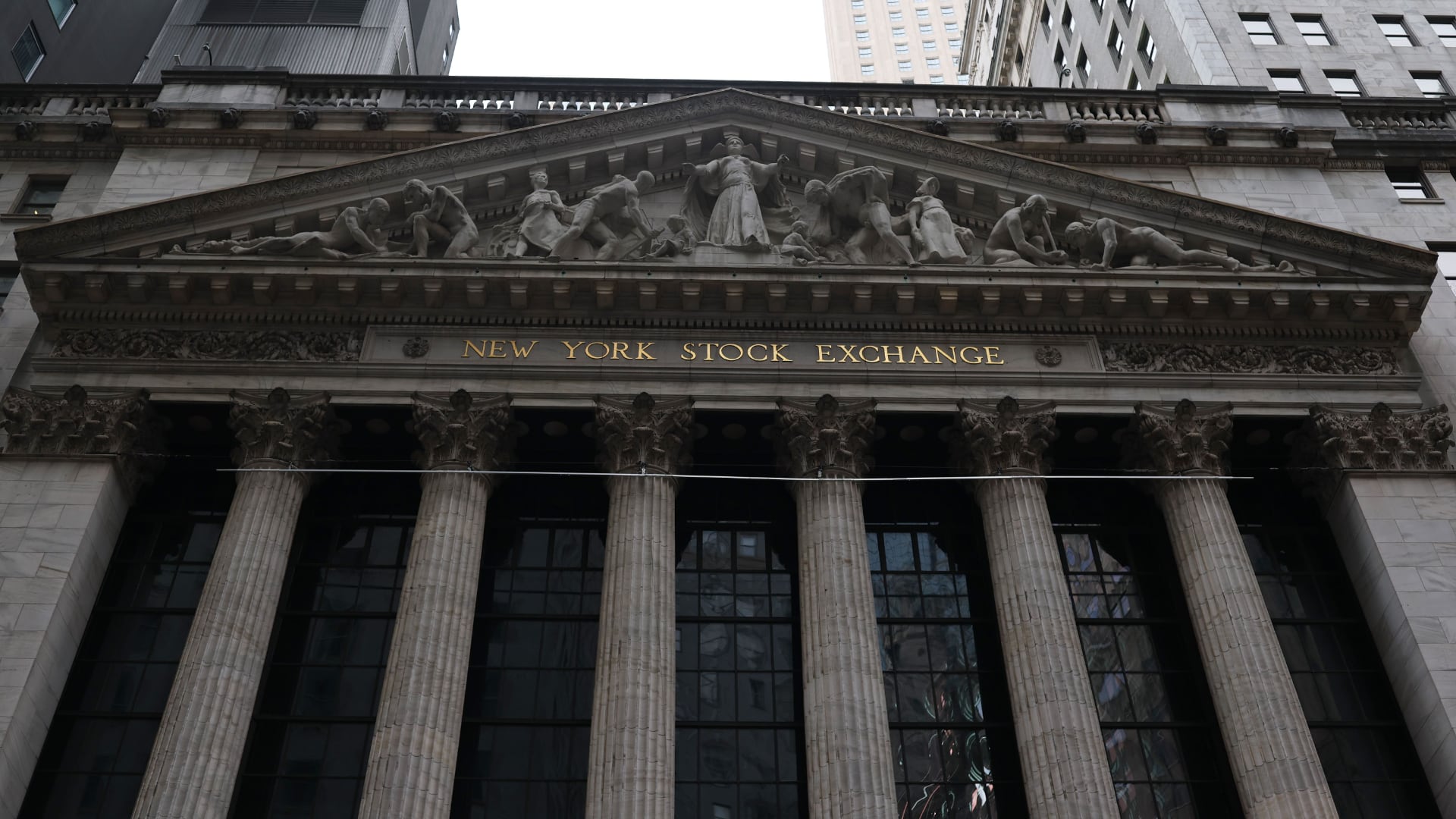By Michelle Chapman
Google will soon require that political ads using artificial intelligence be accompanied by a prominent disclosure if imagery or sounds have been synthetically altered.
AI-generated election ads on YouTube and other Google platforms that alter people or events must include a clear disclaimer located somewhere that users are likely to notice, the company said in an update to its political content policy.
The new rule starts in mid-November, just under a year before the U.S. presidential election. It will also affect campaign ads ahead of next year's elections in India, South Africa, the European Union and other regions where Google already has a verification process for election advertisers.
Though fake images, videos or audio clips are not new to political advertising, generative AI tools are making it easier to do, and more realistic. Some presidential campaigns in the 2024 race — including that of Florida GOP Gov. Ron DeSantis — already are using the technology.
The Republican National Committee in April released an entirely AI-generated ad meant to show the future of the United States if President Joe Biden is reelected. It employed fake but realistic photos showing boarded-up storefronts, armored military patrols in the streets, and waves of immigrants creating panic.
In June, DeSantis’ campaign shared an attack ad against his GOP primary opponent Donald Trump that used AI-generated images of the former president hugging infectious disease expert Dr. Anthony Fauci.
Last month the Federal Election Commission began a process to potentially regulate AI-generated deepfakes in political ads ahead of the 2024 election. Such deepfakes can include synthetic voice of political figures saying something they never said.
Democratic U.S. Sen. Amy Klobuchar, co-sponsor of pending legislation that would require disclaimers on deceptive AI-generated political ads, said in a statement that Google's announcement was a step in the right direction but “we can’t solely rely on voluntary commitments.”
Several states also have discussed or passed legislation related to deepfake technology.
Google is not banning AI outright in political advertising. Exceptions to the ban include synthetic content altered or generated in a way that’s inconsequential to the claims made in the ad. AI can also be used in editing techniques like image resizing, cropping, color, defect correction, or background edits.
The ban will apply to election ads on Google's own platforms, particularly YouTube, as well as third-party websites that are part of Google's ad display network.













